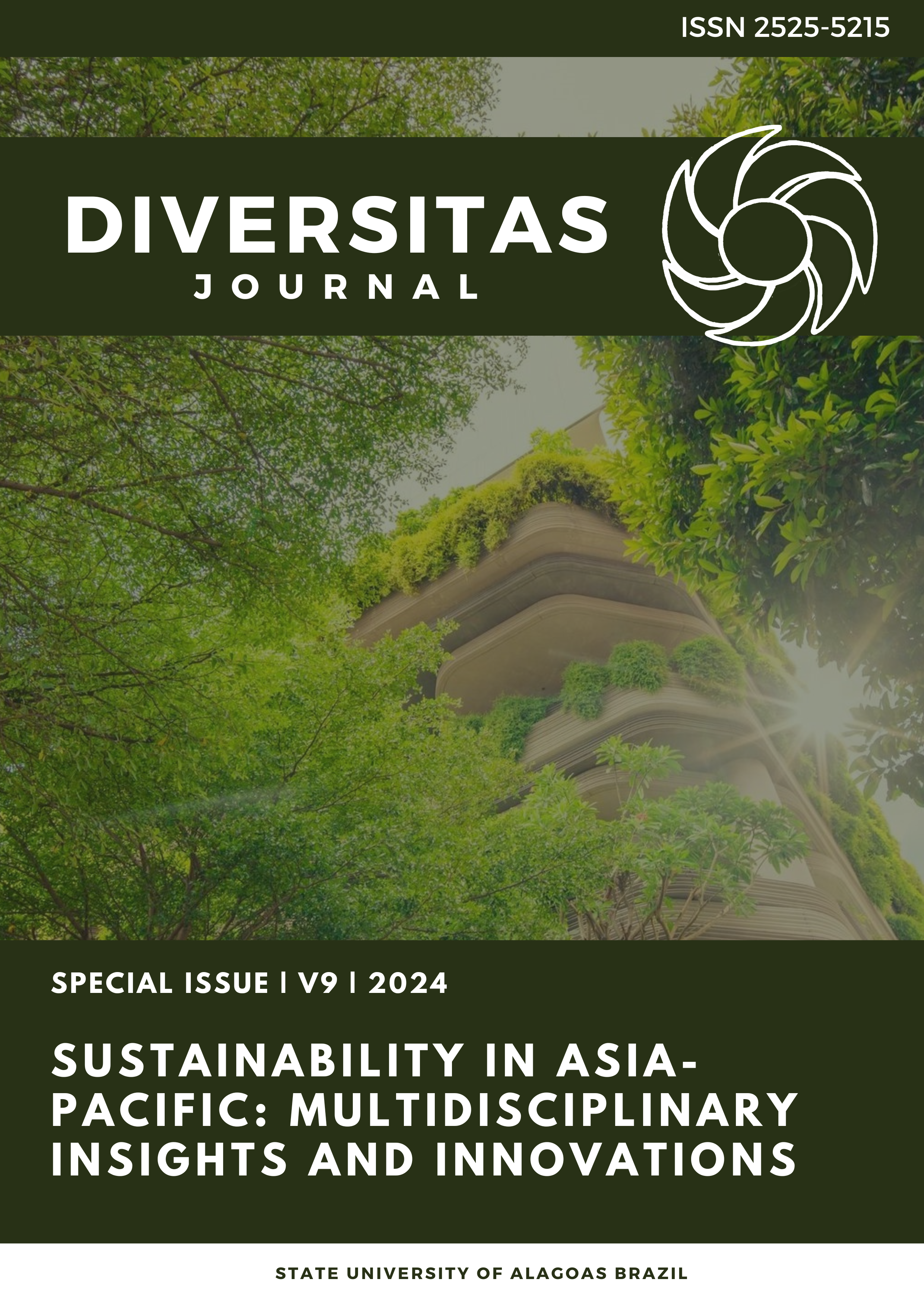Parental involvement and support of selected parents for children with special needs: a case study
DOI:
https://doi.org/10.48017/dj.v9i1_Special.2956Keywords:
child support, case study, children with special needs, parental involvement, SPEDAbstract
The purpose of the study was to determine the extent of parental involvement with respect to guiding, communication, home training and attending meetings/conferences in the school. As well as parental support with respect to financial, psychological, and emotional aspects were used. This study made use of the descriptive methods of research. The questionnaire-checklist developed and subjected to validation of experts in the field of research and education. The subject-respondents of the study were the 40 parents and 3 Special Education teachers who were chosen through stratified random sampling. Regarding the assessment of the respondents, parental involvement components such as Guiding, Communicating, Home Training and Attending Meeting/School Conference that affected the learner’s performance were assessed often by the parents. Among the four, Attending Meeting/School Conference had a notable mean of 6.35 verbally interpreted as Often. In terms of parental support Financial, Emotional and Psychological aspects, they gained Often as elicited by the parents toward their child. Among the three, the financial aspect had the notable mean of 3.67 verbally interpreted as Often. There was no significant difference on the assessments of the two groups of respondents on the extent of parental involvement since the t-value did not exceed the 0.05 level of significance which failed to reject the null hypothesis. However, there was a significant difference on the assessment of the two groups of respondents on parental support and psychological aspect and no significant difference on financial and emotional aspect. Lastly, the School Improvement Plan and Annual Implementation Plan carried out involvement programs engaging parents and other stakeholders.
Metrics
References
Amslaw. (n.d.). Civil Code of the Philippines. AMSLAW. Retrieved March 30, 2023, from https://amslaw.ph/philippine-laws/civil-law/civil-code-of-the-philippines(3)
Amslaw. (n.d.). The Family Code of the Philippines. AMSLAW. Retrieved March 30, 2023, from https://amslaw.ph/philippine-laws/civil-law/the-family-code-of-the-philippines(2)
ASU Center for Child Well-Being. (n.d.). ASU Center for Child Well-Being. https://childwellbeing.asu.edu/#:~:text=The%20Center%20for%20Child%20Well, that%20would%20otherwise%20be%20unattainable.
Burns and Grove (2008). Retrieved March 29, 2023, from http://uir.unisa.ac.za/bitstream/handle/10500/651/04chapter3.pdf;jsessionid= 27260B1B98F43553A7BF93D9A294D5D1?sequence=4
Conway and Houtenville (2008). Retrieved March 29, 2023 from https://pdfs.semanticscholar.org/1b7b/a566d5cdc95da73ca5d0141cb0dadd06ab2d.pdf
Jeynes, W. (2010). Family Factors and the Educational Success of Children. 270 Madison Ave. New York City, USA
Peters, M. (2012). Parental Involvement: How Much is Enough and What Can Schools Do to Encourage It? William Paterson University of New Jersey (Master Thesis)
National Coalition for Parental Involvement (n.d.). Retrieved March 30, 2023, from https://www.cdc.gov/healthyyouth/protective/pdf/parent_engagement_strategies.pdf
Nyarko, K. Parental school involvement: The case of Ghana. Journal of Emerging Trends in Education Research and Policy Studies, 2011, p. 378–381.
Roundy, L. (2014). “Ecological Theory”. Retrieved March 29, 2023, from https://study.com/academy/lesson/bronfenbrenners-ecological-systems-theory-of-development-definition-examples.html
Roundy, Lisa Ecological Theory (2004) Retrieved March 30, 2023 from https://study.com/academy/lesson/bronfenbrenners-ecological-systems-theory-of-development-definition-examples.html
Sapungan, G., & Sapungan, R. (2014). Parental involvement in child’s education: importance, barriers and benefits. Asian Journal of Management Sciences & Education, 3(2).
Epstein, J. L., and Sander, M. (2000). Handbook of the Sociologic of Education. New York, NY: Springer. from https://www.frontiersin.org/articles/10.3389/fpsyg.2019.01464/full
Downloads
Published
How to Cite
Issue
Section
License
Copyright (c) 2024 Sheela Marasigan-Pangkalinawan, Wilson Cordova

This work is licensed under a Creative Commons Attribution 4.0 International License.
The Diversitas Journal expresses that the articles are the sole responsibility of the Authors, who are familiar with Brazilian and international legislation.
Articles are peer-reviewed and care should be taken to warn of the possible incidence of plagiarism. However, plagiarism is an indisputable action by the authors.
The violation of copyright is a crime, provided for in article 184 of the Brazilian Penal Code: “Art. 184 Violating copyright and related rights: Penalty - detention, from 3 (three) months to 1 (one) year, or fine. § 1 If the violation consists of total or partial reproduction, for the purpose of direct or indirect profit, by any means or process, of intellectual work, interpretation, performance or phonogram, without the express authorization of the author, the performer, the producer , as the case may be, or whoever represents them: Penalty - imprisonment, from 2 (two) to 4 (four) years, and a fine. ”


















